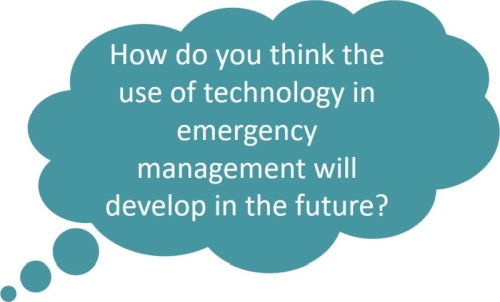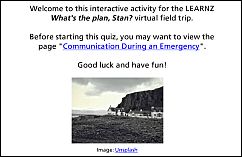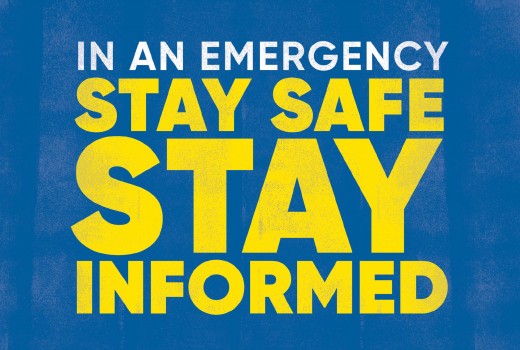Staying informed
In most emergencies, it’s best to stay in our own homes. Make your home your meeting place but have another place in case you can’t get there.
Make plans in case the phone and internet aren’t working during an emergency:
- Get to know the school’s emergency plans.
- Talk with your family about how you will get in touch and where you will meet up.
- Decide as a family who will pick you up from school.
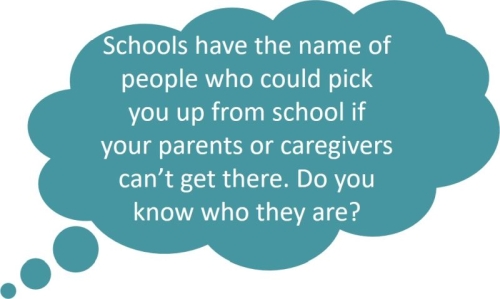
- Have a solar or battery powered radio so you can keep up with the latest news and alerts.
- Look on your local CDEM website. Here you can find out which radio stations will be giving out emergency information. Programme those stations into your radio.
- Have an out of town contact that everyone knows about (sometimes when local phone lines are down you can still reach people outside your area).
- Get to know your neighbours. In an emergency, they may need your help or you may need their help.
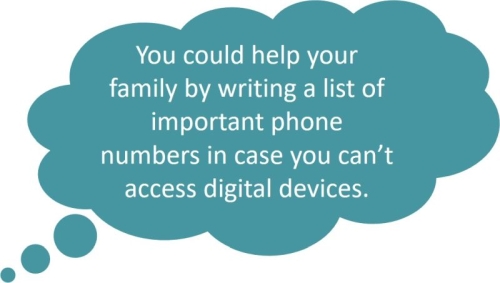
Social Media
Have a look at your local Civil Defence and council websites. Follow their Facebook and Twitter pages so you can get updates and instructions during an emergency.
Hazard App
Red Cross now have an app called Hazards. Anyone can download Hazards for free on their phone or tablet.
Hazards is New Zealand based. Users can read about emergency readiness and hazards. You can also take quizzes on different hazard types. The app lets you choose to receive emergency alerts for the area you live in.
Emergency Mobile Alerts
The new Emergency Mobile Alerts system is due to launch on 5 November 2017 – World Tsunami Day. This will be a new way of sending information about emergencies to mobile phones in a set area.
The alerts will come onto your phone like a text message. You will receive them for free on your mobile phone if you are in an affected area.
Agencies that will use this system include:
- Civil Defence
- NZ Police
- Fire Emergency NZ
- Ministry of Primary Industries
- Ministry of Health.
